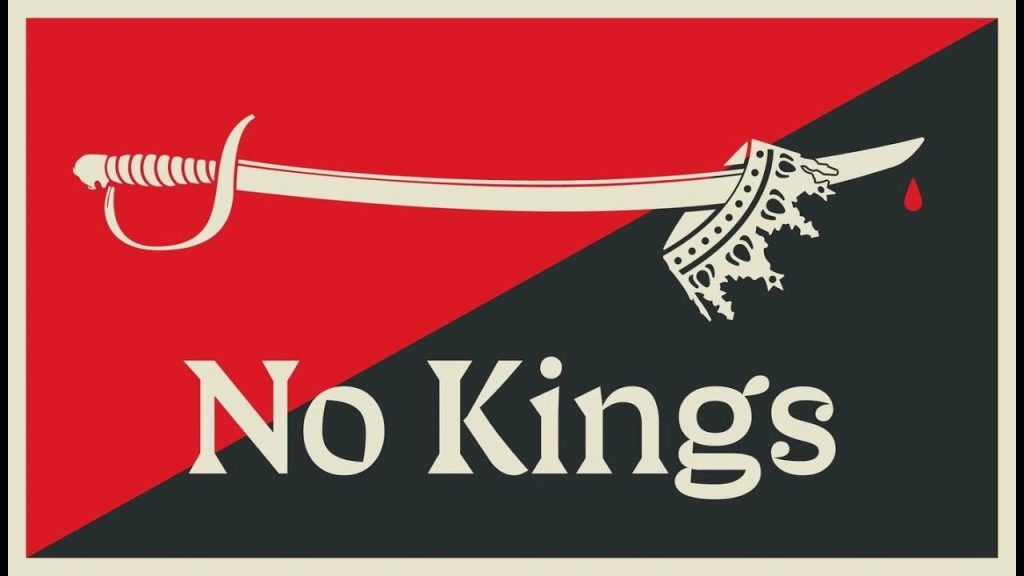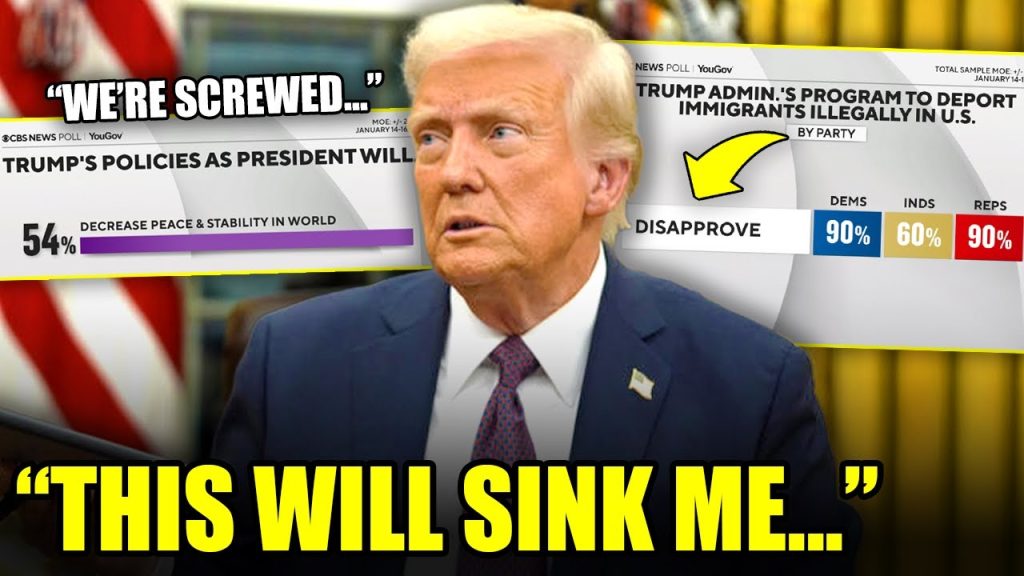The phrase “No Kings, No Masters!” resonates powerfully as a historical and political slogan embodying resistance against hierarchies of control, be they monarchies, capitalist systems, or authoritarian governments. This rallying cry has long been associated with anarchist and labor movements, symbolizing the demand for equality, self-determination, and the rejection of domination by ruling elites. The recent political video titled “No Kings, No Masters!” appears to tap into these enduring themes, reflecting contemporary discourse on power, governance, and freedom.
Historically, “No Kings, No Masters!” emerged prominently during labor struggles in the 19th and early 20th centuries, most notably among anarchist and socialist groups fighting against oppressive state and corporate power structures. It calls for dismantling all forms of unjust authority and advocates for decentralized, horizontal forms of organization that prioritize individual autonomy and collective decision-making.
In today’s political climate, this slogan finds renewed relevance. Rising protests worldwide, debates over authoritarianism versus democracy, and movements challenging systemic inequalities have revived calls for grassroots empowerment and skepticism towards centralized power. Whether addressing issues such as police militarization, corporate influence in politics, or the concentration of wealth and decision-making in the hands of a few, the ethos behind “No Kings, No Masters!” captures a broad and urgent critique of dominance and control.
The video’s evocative title suggests an exploration of these themes, potentially connecting historical legacies with modern struggles for justice and participatory governance. It invites viewers to consider what a society free from hierarchical domination might look like and how such ideals can be pursued in practice amidst complex political realities.
Understanding the roots and contemporary relevance of this motto offers insight into ongoing debates regarding power dynamics, civil liberties, and the pursuit of equitable structures. It also underscores the enduring appeal of anti-authoritarian philosophies in shaping political activism and thought across generations.
Where to Learn More
- Encyclopedia Britannica – Comprehensive overview of anarchism and its historical movements
- History.com – Background on the slogan and its role in labor history
- Brookings Institution – Analysis of authoritarianism and democracy in modern politics
- Amnesty International – Reports on civil liberties and human rights worldwide
- Al Jazeera – Protests and social movements – Coverage of recent global protests and political movements




